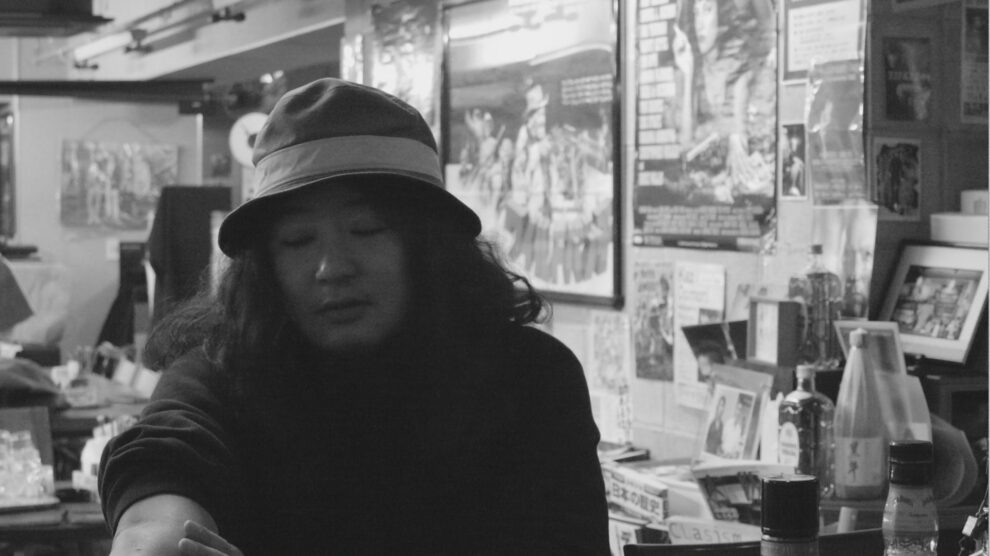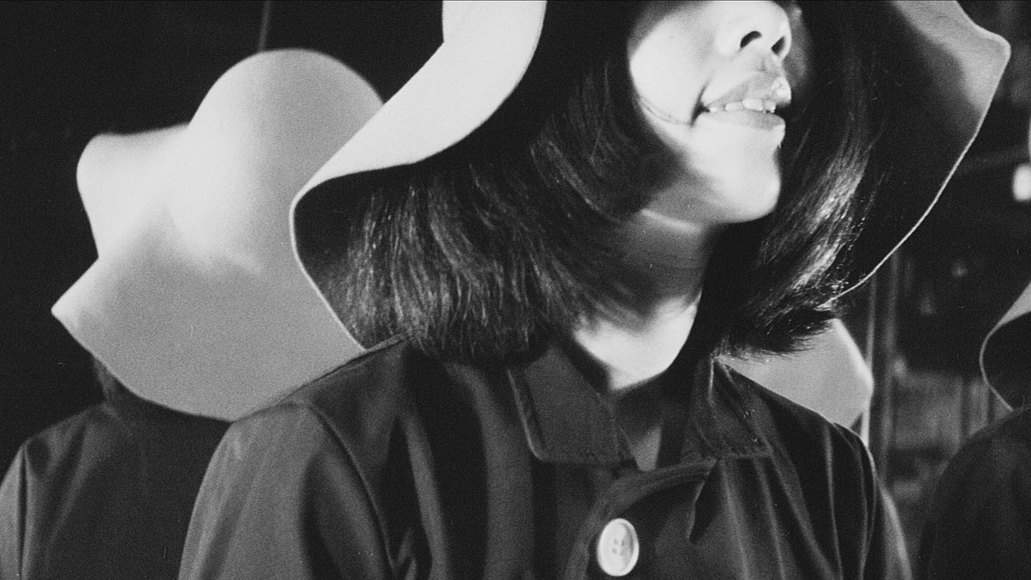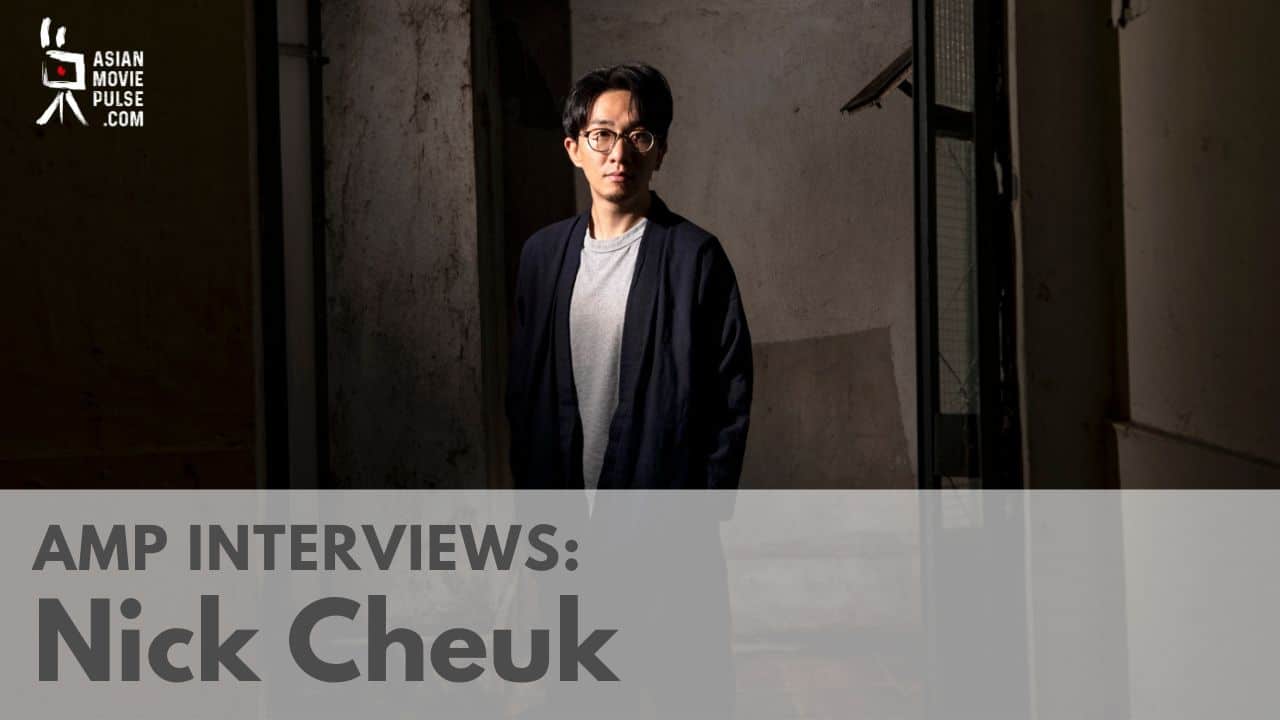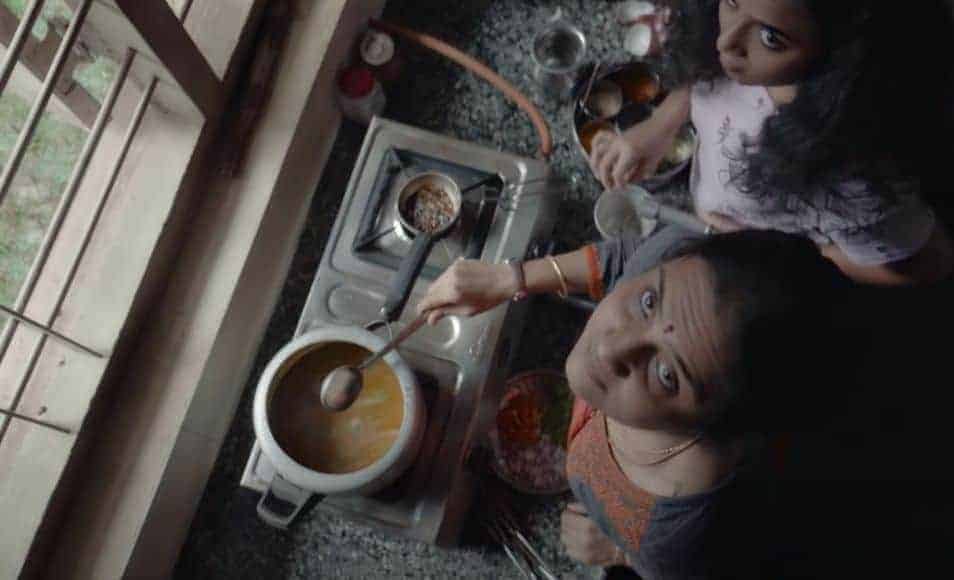Teppei Isobe graduated from Visual Arts College Osaka. Started independent filmmaking in 2016. His films have been selected and awarded in many domestic film festivals. In 2019, he established a film production company, belly roll film, with his classmate Jihiko Taniguchi. His first feature film “Mi wa Mirai no Mi (“F is for Future.”) and five other short films were released as “Teppei Isobe's Special Feature” at theaters such as UPLINK Kichijoji, Nagoya Cinemascore, and Osaka Cine Nouveau. In 2021, he directed “Tears of Persephone” (starring Shu Watabe and Ayame Goriki), a film commemorating the 70th anniversary of the founding of Shin-Etsu Broadcasting. He also has several other new films in the pipeline for theatrical release.
On the occasion of 3 of his film streaming at TodoiF, we present 5 of his movies we think deserve a watch, in chronological order.
1. Unscripted Life (2018)
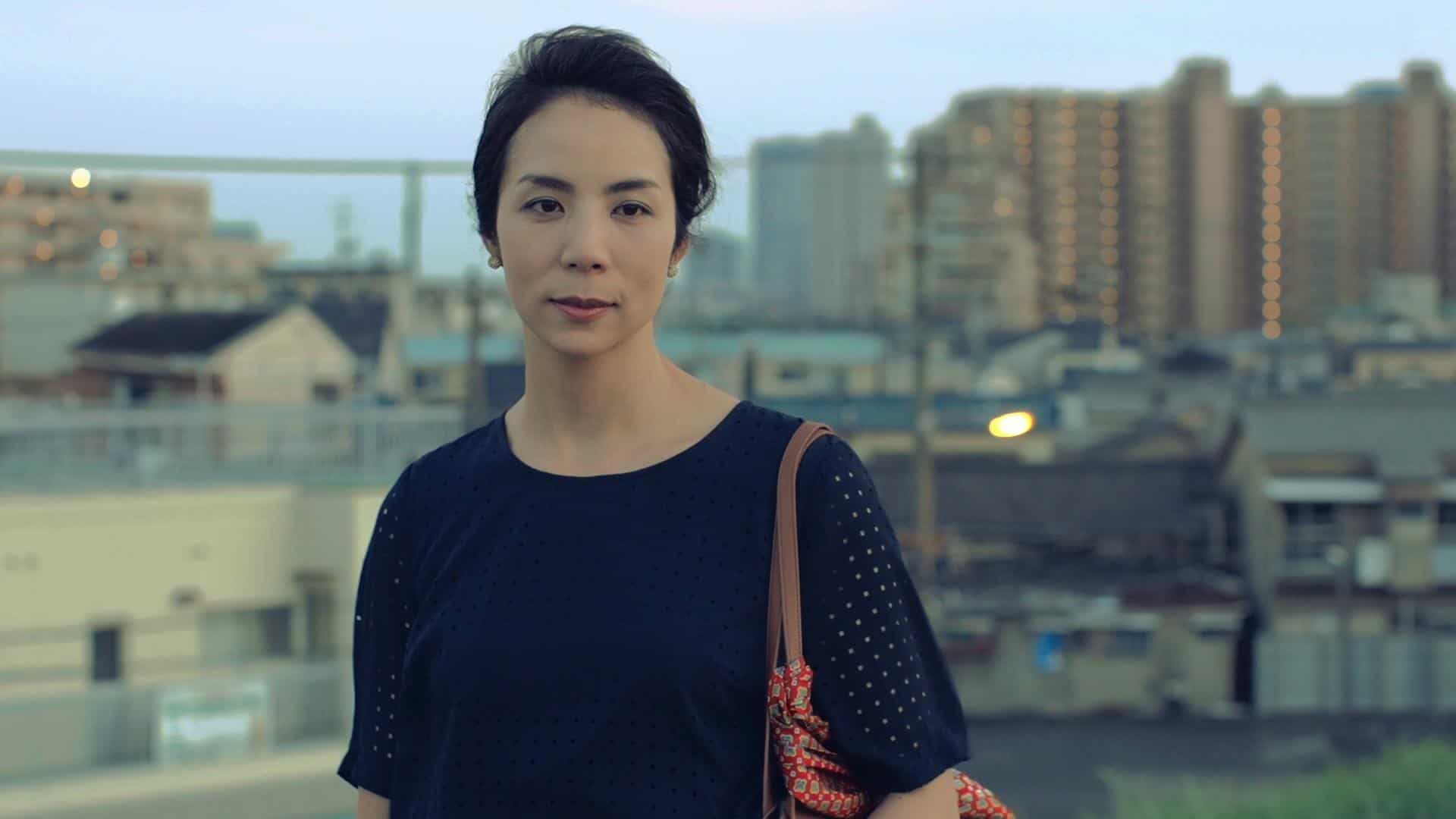
The story begins inside a restaurant, where the employees of a company are having dinner with their boss, Mr Sado, who is, however, quite drunk, and quite handsy with one of the female employees, who tries to remain polite while avoiding his “flirting”. Another employee, Junko, gets out of the bathroom only for him to ask her to sleep in her place since the time has passed and there are no trains to take. Her reaction is quite surprising, as she starts running away in all speed a bit later, while he is still paying the bill. She is actually the protagonist of the movie, Junko, a single 40-years-old, who continuously denies her aunt's proposals for an arranged marriage. One day, as she is sitting on a bench beside a river, a paper airplane flies out of nowhere and lands in her hands. When she opens it, she realizes it's a marriage registration that has only the husband's name on it. Intrigued, and eager to test her fate, she decides to search for the man.
Unscripted Life is streaming on TodoiF
Through a rather entertaining quirkiness, which derives mostly from Junko, the way she makes her decisions, and particularly the fact that she decides to run instead of facing parts of reality she does not want to, Teppei Isobe comments on the life of women in contemporary Japan. The behavior of her boss, who treats the women in the company as some sort of geishas, the pressure from her family to get married, and the difficulties of forming relationships in the megalopolis are all presented cheerfully but eloquently here. Furthermore, the concept of running, and the way it is presented, and the whole episode with the “potential husband” add even more to the narrative, stressing especially the last of the aforementioned elements, while inducing the short with a very welcome element of comedy.
2. F Is For Future (2019)
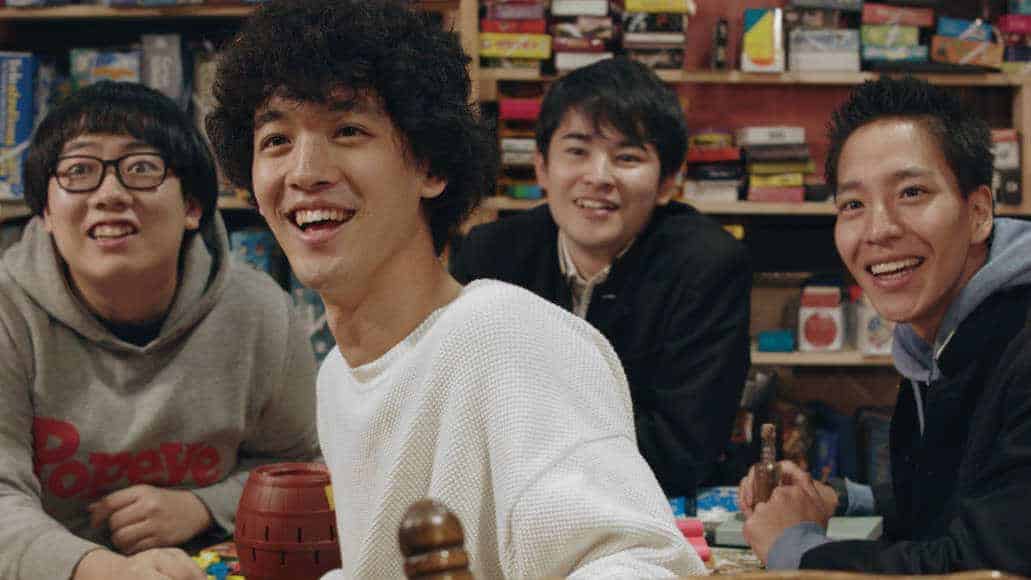
Instead of worrying about his future, Takuya aimlessly spends his time with his high school classmates. After a tragic accident, he decides to keep a promise that he made a long time ago: His friend's porn collection must disappear before his parents find it!
With his feature film debut, Teppei Isobe creates a heartwarming and authentic coming-of-age story. His young cast delivers a great performance as a group of youths who are on the brink of adulthood.
Overlayed by the fragile soundtrack of Kazuomi Eshima a.k.a. kafuka, the story evolves around a slacker main protagonist, who shares his existentialism not only with his classmates but also with many other teenage characters portrayed in current youth films. Being kind of in-between, Takuya symbolizes the indecisiveness that “F Is For Future” incorporates. Love, friendship, sex, and death are part of a slice-of-life insight, which is not further developed. The promising outline lacks a profound implementation. Although the actors are very good, their roles have no depth. Yasuyuki Sakurai as Takuya gives an authentic performance as well as his colleagues and is one of the best newcomers this year so far. (Alexander Knoth)
3. Overnight Walk (2019)
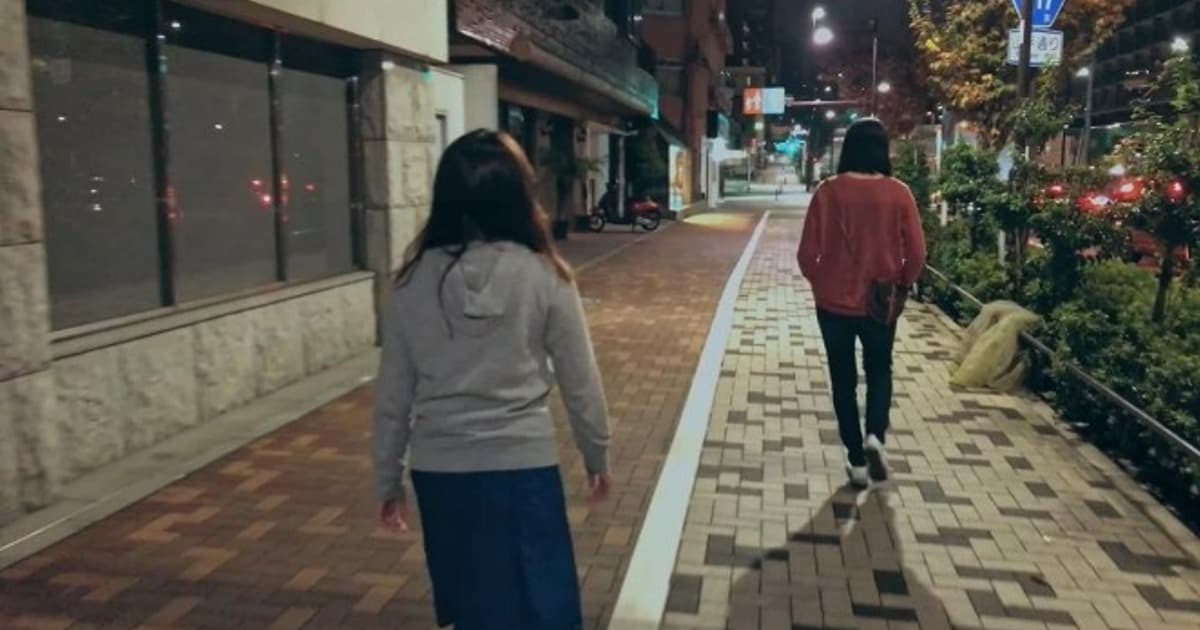
Using another dinner a restaurant as its basis, Isobe introduces us to a theater crew, where the main topic is about nudity in a play, with one actress having already done it, one being completely negative about it, and one of the protagonists, Sakura, pondering whether she should do it. The fact that she is 27-years-old and her career has not picked up at all, weighs heavily, but the decision is still tormenting her. In the meantime, her boyfriend receives an unexpected visit from her older sister, Yuriko, who has come to Tokyo to see her sister, with the man embarrassing himself in front of her a number of times. Eventually, Yuriko goes to the place Sakura is and the two begin a midnight walk from Shimokitazawa to Shinjuku.
Overnight Walk is streaming on TodoiF
Isobe uses the three different settings of the movie (apartment, restaurant and the streets) in order to present a number of comments, which extend from the entertainment industry to relationships and family. The pressure young, beautiful and up-and-coming actresses feel to appear nude is a central one, with Isobe mentioning the issues that can arise with their parents, their boyfriends or husbands, and essentially, with themselves, since appearing nude in front of people takes much courage and is not exactly an easy thing. The awkwardness Sakura's boyfriend feels when her sister “catches” him watching porn also shows the reason behind the aforementioned pressure, which essentially happens because men want to see beautiful women naked, and directors are occasionally included in the list.
4. And Again We Are Going Up (2019)
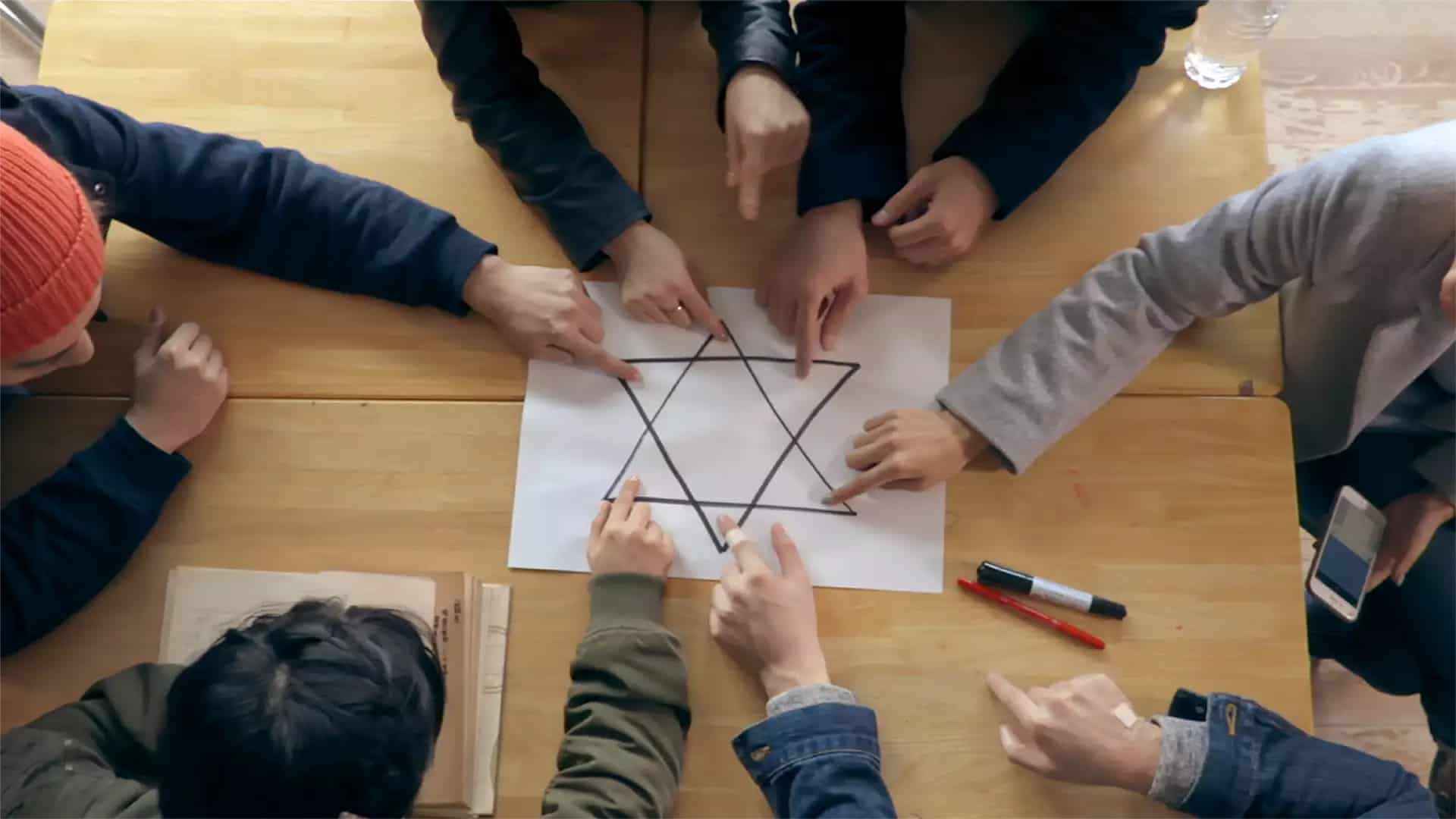
Kaede, Ryota, Mana, Asahi, Haruka, Soshi, and Tatsumi were friends in high school. Now in their 22s, they decided to visit the school they attended, the one where Tatsumi had committed suicide during their years there. They stop by the library and find a book on séance techniques, and then begin to perform “Kagome” necromancy. Immediately, strange things start happening, as the members of the group start moving around the school and the terrace, and soon they realize that they are trapped. In the meantime, Kaede, who was the least enthusiastic of all for the whole thing, seems to harbor a secret regarding her and Tatsumi.
And Again We Are Going Up is streaming on TodoiF
Teppei Isobe directs a rather unusual 33-minute film, which although being a low-budget, stage-play like endeavor, manages to be both a mystery thriller and a social drama. Probably not being able to spend much money on the SFX, Isobe, who was also in charge of editing, implements a number of frequent and abrupt cuts, as much as repeating sequences, in order to create a sense of labyrinthic disorientation, which, although not perfect, does work quite well for the movie, both in terms of aesthetics and context.
5. Cornflakes (2020)
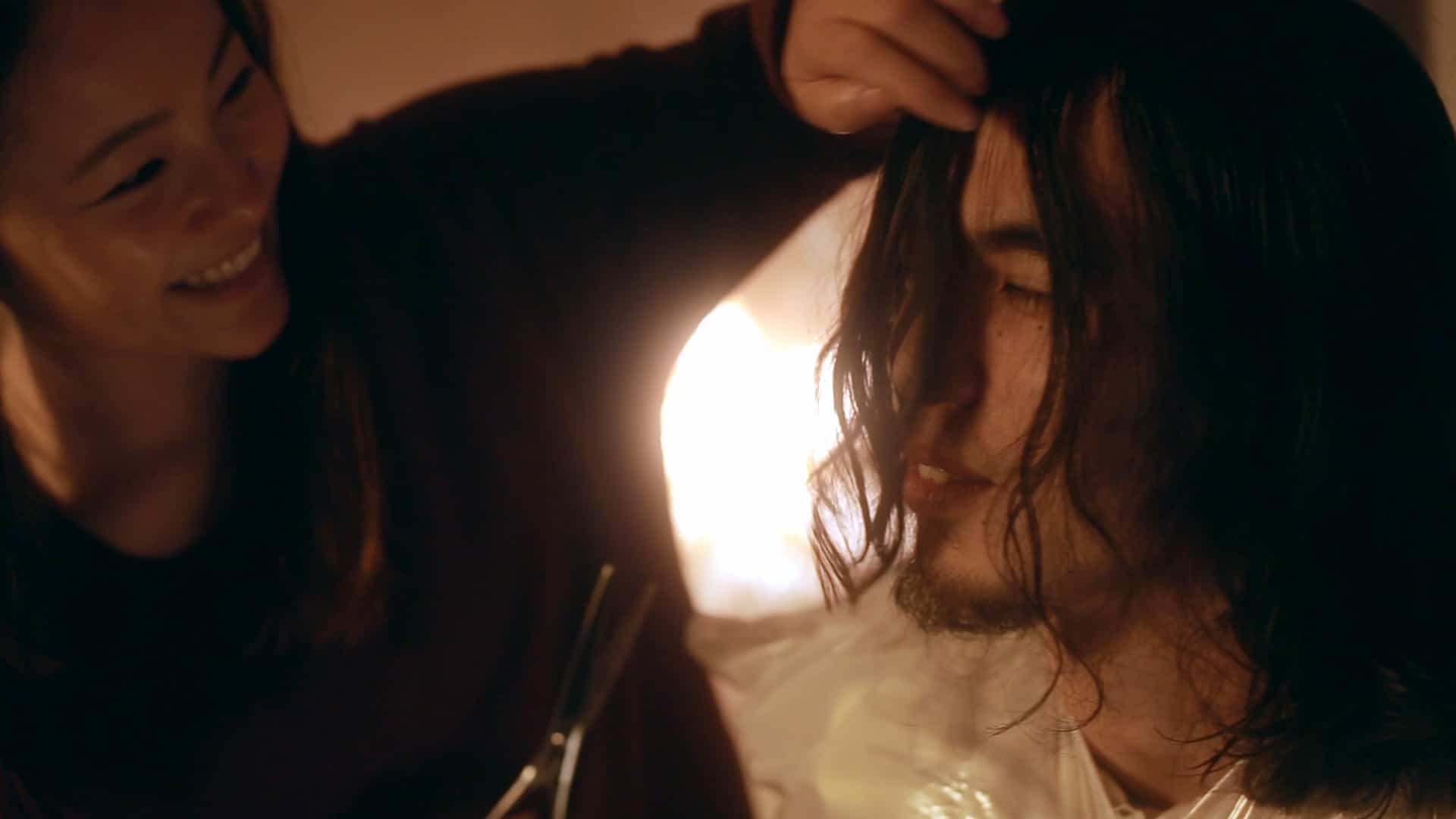
Miho is an insurance salesperson who occasionally even indulges in the tricks of the profession, along with a hopeless rookie they have assigned to her for training, a young girl who tries to save money to go to Tokyo and become an actress. Miho has been living for six years with her boyfriend, Yuya, a former member of a band that has now disbanded, and now works in a rundown record shop along with two other colleagues. Yuya is not ready to give up on music, but is also not ready to do much to change his situation. The swamping of their relationship becomes an issue for Miho, who eventually erupts when she finds some messages from another girl on his phone, after a senior colleague talks to her about cheating within relationships. The two have a fight, and Miho kicks Yuya out, with him ending up in the apartment of a colleague who seems to like him, and Miho getting drunk with her colleagues and two male friends, eventually spending time with one of them, a musician who flirts with her rather openly.
Teppei Isobe deals with the life of the unremarkable those people whose life focuses almost exclusively onsurviving each day. And if for Miho this is a struggle she actually has accepted, the same does not apply to Yuya, whose lack of ambition and overall quitting attitude is the main root for the issues in their relationship. In that regard, however, Isobe comments seems to state that some distance occasionally can help in both progressing with one's life and appreciating each other, since the fact that the two of them are stuck seems to be the most significant problem in their relationship. Particularly for artists, routine can be a disaster, and Isobe highlights the fact through Yuya, whose fight with Miho and its consequences eventually prove the nudge he needed to finally take a step forward.


